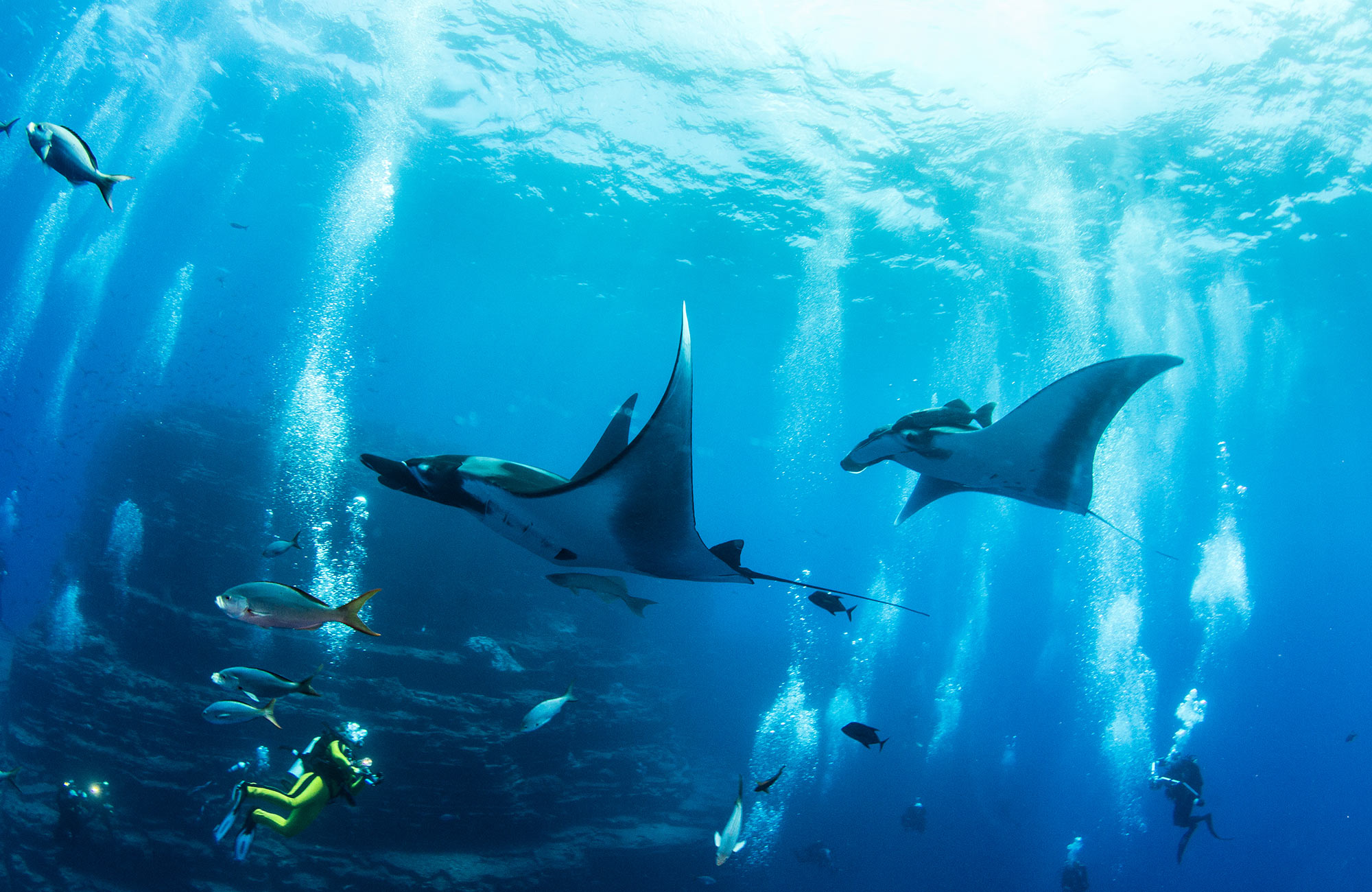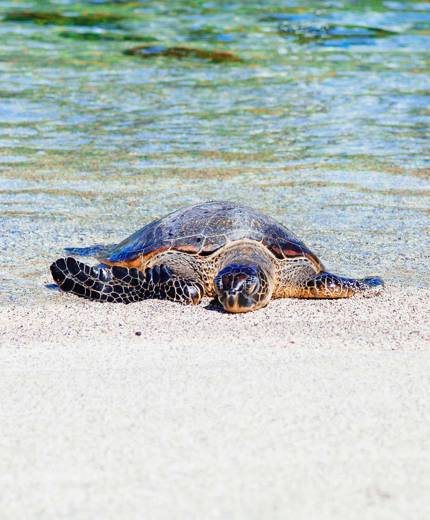If exploring and preserving our fragile marine ecosystem whilst diving in amazing underwater destinations ticks the boxes for you, then marine conservation is for you. As a marine volunteer you can join a team of international volunteers and explore some of the world’s most unique and beautiful regions, live amongst dramatic tropical scenery and contribute to invaluable marine conservation initiatives.
Volunteer with marine conservation projects
71% of our planet is covered in water but it is under threat from plastic, overfishing and lack of awareness about the damage we are doing.
Marine conservation volunteer projects focus on restoring damaged marine ecosystems and protecting endangered marine species. As a marine volunteer you will help and take part in research to help shed light on those species and systems we don’t yet fully understand.
No matter whether you are on a gap year from school, a student, on a career break or on an extended world adventure, there is important work for you to be involved in, as you make an important contribution to critical marine conservation projects.


